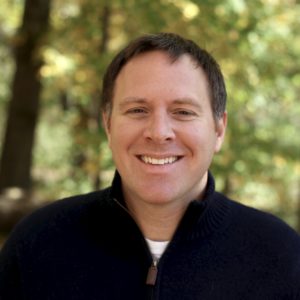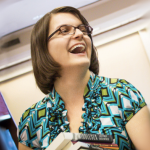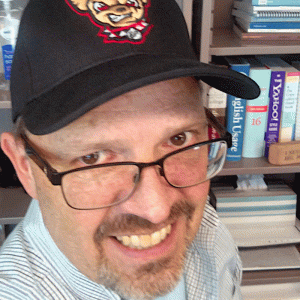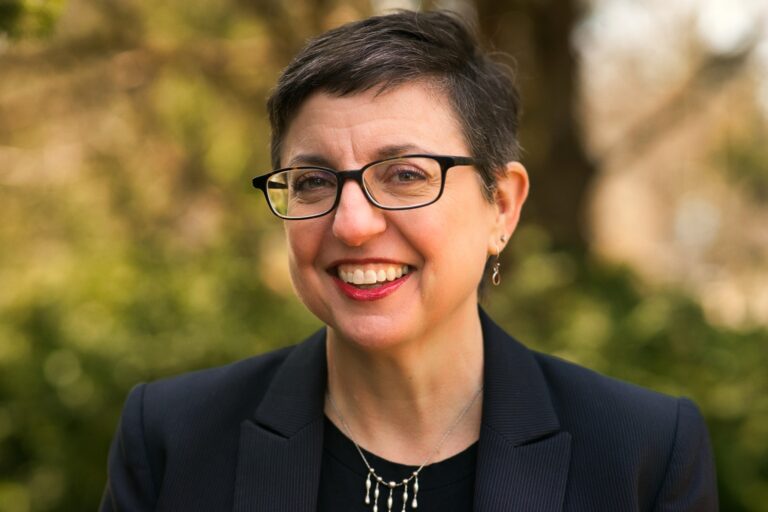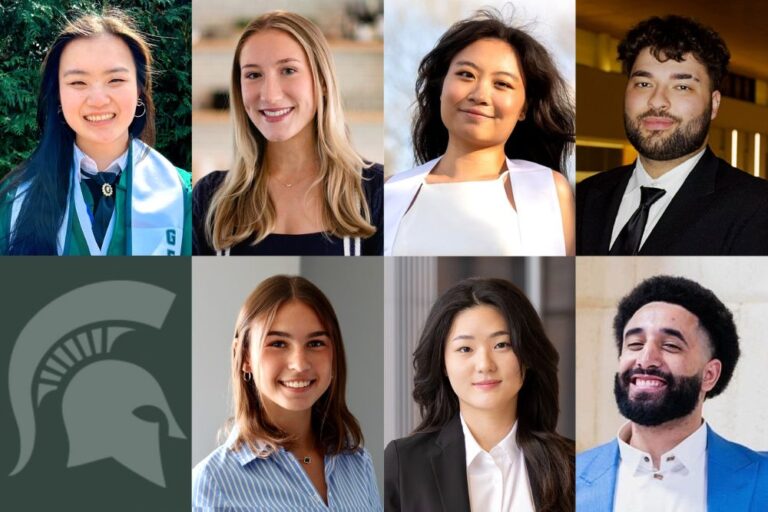The communications team in the department of Writing, Rhetoric, and American Cultures (WRAC) recently released our first in a series of “What WRAC Is Making” pieces. These articles showcase some of the amazing things the folks in WRAC are doing at work/school and outside of it. This week, we are showcasing some of the community health and outreach work in which our faculty and grad students are engaged.
Wil Flores, a PhD candidate in WRAC, is working with Queering Medicine, a grassroots coalition focusing on improving queer health in Lansing that he co-founded a year and a half ago. The coalition is currently working on an ongoing series of myth-busting reports focused on the COVID-19 crisis.
Queering Medicine has received a nearly $10,000 grant from the Capital Area United Way. The funds will support their queer-focused, COVID 19-related outreach for the remainder of the year and, ideally, increase knowledge, vaccination rates, and booster shots.
-
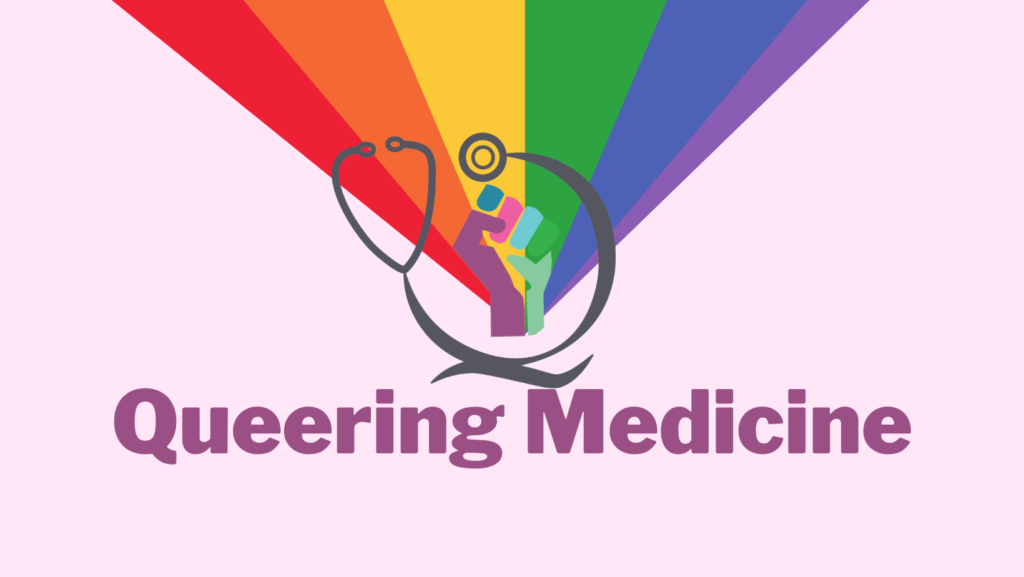
Queering Medicine’s social media banner
Beyond their COVID-related medical advocacy work, Queering Medicine has created a recommendation document for making medical intake processes more equitable for queer/trans individuals. Recommendations were collected from focus groups and community member feedback on their clinical experiences. The document has been distributed to 60 local healthcare providers and has been covered by local news.

WRAC faculty member Bill Hart-Davidson (Associate Dean of Research and Graduate Education in the College of Arts & Letters), along with a team of researchers in the College of Human Medicine led by Dr. Ade Olomu, is working on how writing can affect primary intervention for patients.
More specifically, Hart-Davidson is working on a clinical trial where writing—a checklist, a group training session, and then text messages—is the primary intervention for improving patient health and addressing disparities in risk associated with diabetes and heart disease. While improving patient care and addressing risk disparities is invaluable, it addresses our health care costs. According to Hart-Davidson: “in a large system it can save quite a lot because most of the cost in those kinds of scenarios comes from adverse events from untreated chronic illness.”
The trial is currently active in 16 clinics across the state of Michigan and has been funded by a $3 million grant from the National Institutes of Health.
Additionally, Ben Lauren and Stuart Blythe (both WRAC faculty) are working on ways to improve student access to essential needs (such as food, shelter, safety, and health). Along with faculty and staff from various offices at MSU, their research included interviews with staff and over a dozen focus groups with undergraduate and graduate students. The result has been the development of an essential needs information portal and several campus-wide workshops to better inform the MSU community about how we can best support students who require essential needs support.
They are currently working, along with colleagues from Student Affairs and Services, on a book that describes ways to redesign an institution of higher education to better empower students when they face essential needs crises.

Another faculty member in WRAC, Christina Boyles, along with the Archivo de Respuestas Emergencias de Puerto Rico (AREPR), has received the MSU University of Outreach and Engagement Distinguished Partnership Award for Community-Engaged Creative Activity. (Next week, we’ll release an article highlighting this project.)
The project involves collaboration between Michigan State University, the University of Puerto Rico-Río Piedras, the University of Puerto Rico-Mayagüez, and the Digital Library of the Caribbean.
AREPR is a digital open-access repository of Puerto Rican artifacts of disaster pertaining to Hurricane María (2017), the Guayanilla earthquakes (2020), and COVID-19 (2020). The analysis of the details and community responses will provide insight to the most effective community actions and procedures used in different communities in Puerto Rico. These materials have the potential to save lives and are imperative to developing future emergency protocols that are based on local knowledge and community action.
